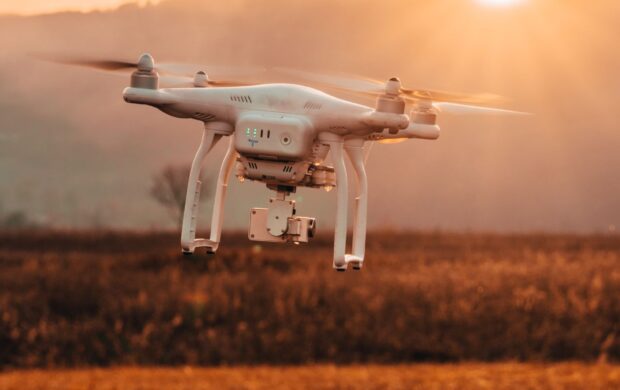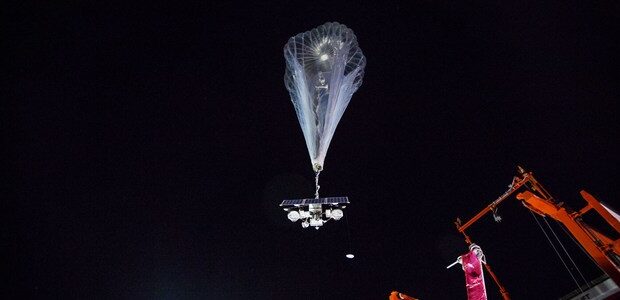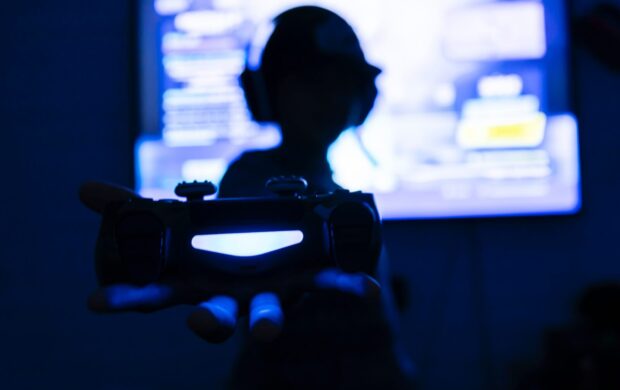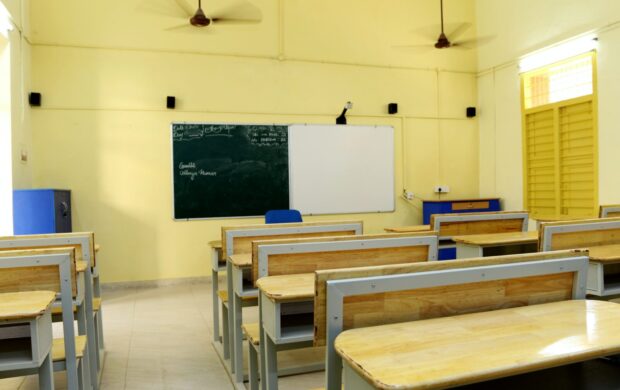Chinese volunteers have emerged from a survival experiment where they lived inside a simulated space capsule for 180 days. The mock-up mission began in June 2016, performed by three men and one woman, in Shenzhen China.
The volunteers were isolated in a 1,340 cubic-meter capsule to simulate a deep space journey. A challenge faced by all space missions is how finite food, water, and oxygen can be continually recycled in confined spaces – and this was what the Chinese researchers aimed to master, to advance China as a leader in space exploration.
They cultivated 25 different kinds of plants in the capsule, including sweet potatoes and peanuts, according to CCTV-Plus. The plants form part of an ecological system that recycles and regenerates oxygen and water. The research project run by the Astronaut Center of China is studying how a hermetic environment affects physiological changes, biological rhythms, sleep patterns and emotional well-being.












